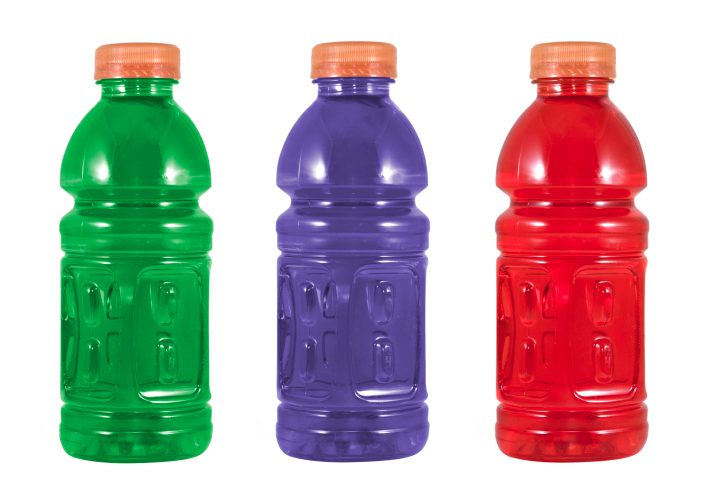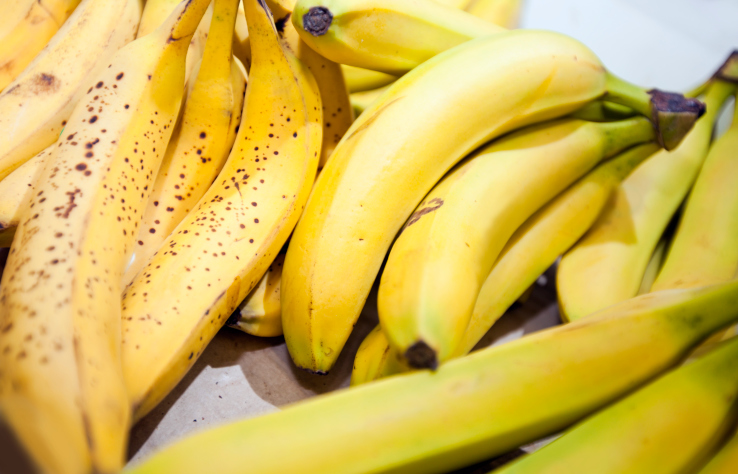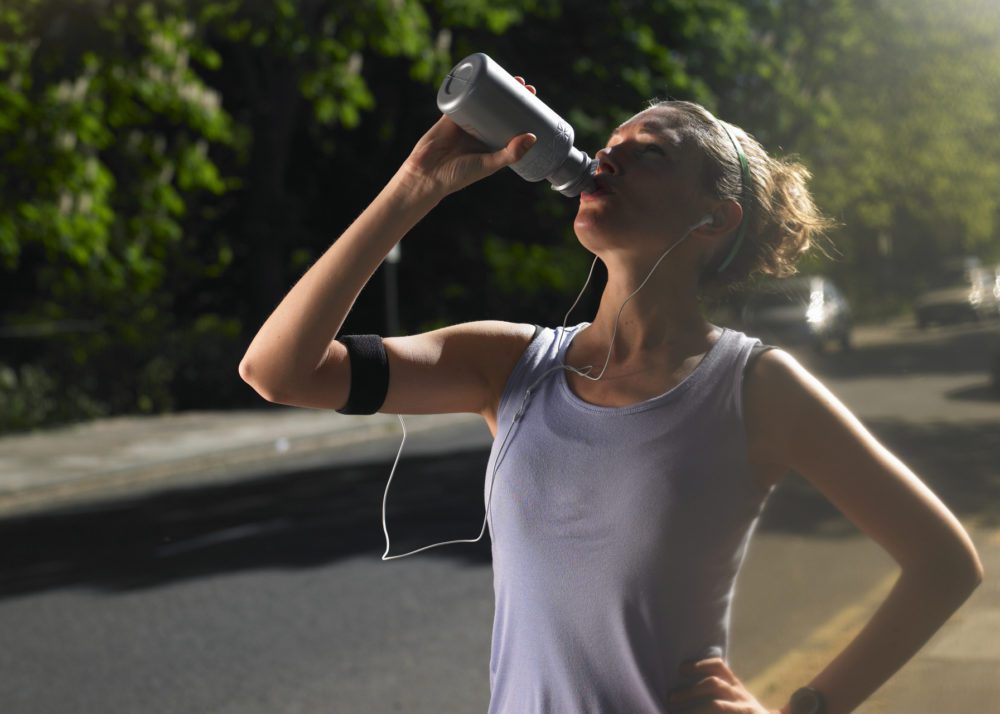What should you look for in a sports drink?
Some brands have a dizzying list of ingredients — here's what you really need

We talk a lot about the importance of hydration for runners, and during the summer months, rehydrating after a hot run is crucial for proper recovery and overall performance. Many runners turn to sports drinks to replenish their fluids, but have you ever considered what goes into them, and what you really need? As it turns out, your actual requirements are far simpler than you might think.

RELATED: Hydration 101 with NUUN
Water
OK, this one is almost too obvious, but it’s worth noting because it truly is the most important part of your sports drink. In fact, if you’re exercising for less than 60 minutes in relatively moderate temperatures, most experts agree water is all you need to rehydrate. If, however, you’re exercising for more than one hour, you tend to sweat a lot or you have particularly salty sweat, you may need a little something extra, which is where a sports drink comes in.
Sodium
Sodium is both an electrolyte and a mineral. It helps maintain the water and electrolyte balance inside and outside your cells and is essential for proper muscle contraction and nerve pulse transmission. When it comes to sports drinks, sodium is the main ingredient you should be looking for, because you lose a lot in your sweat. In fact, according to Precision Hydration, the average person can lose anywhere from 200 mg to 2,000 mg of sodium per litre of sweat.
This can have a dramatic impact on performance during long-distance events like half-marathons, marathons, triathlons and more. One study found that Ironman athletes who adequately replenished their sodium levels during competition finished an average of 26 minutes faster than those who didn’t.

Potassium
Potassium is another electrolyte found in your sweat that you’ll often see on the label of sports drinks. Like sodium, it is also important for the proper functioning of your muscles, particularly your heart. Unlike sodium, this mineral is less important in your sports drink, because for most people, the average amount of potassium they lose in their sweat is fairly minimal. Studies show that potassium losses in sweat are usually no more than 200 mg per litre, which isn’t enough to negatively affect performance. If you’re eating a diet rich in potassium-containing foods like bananas, potatoes, sweet potatoes, oranges or plenty of other fruits and vegetables, you’ll easily be able to replenish your potassium levels through food.
Magnesium
The amount of magnesium you lose in your sweat is even smaller than that of potassium. In fact, studies show that most people don’t lose more than 12 mg per litre of sweat. This is a fairly insignificant number, so like potassium, as long as you’re eating a diet rich in fruits and vegetables, you’ll likely have no problem replacing whatever you lose through sweat.

Carbohydrates
Like sodium, if your run is less than one hour, you likely don’t need to replenish your carbohydrate stores during the activity. Of course, refueling with carbohydrates after your run is very important for proper recovery, and for many runners, a sports drink is an easy way to do this when they aren’t able to eat right away. It’s important to keep in mind that many commercial sports drinks use regular white sugar as their carbohydrate source, so it is very possible to overdo it. Save these for when you need them (like after a very hot, long run), and stick to water the rest of the time to stay hydrated throughout your day.
RELATED: Sweat-sensing patch could aid refueling and re-hydration
The bottom line
An eight-ounce sports drink should typically contain 12-24 g of carbohydrates and 82-163 mg of sodium. There’s nothing wrong with having potassium and magnesium in your drink, but it likely isn’t giving you the performance benefits you’re hoping for. If commercial sports drinks don’t appeal to you, you can try what Dr. Stacy Sims recommended here, which is to put a dash of salt and a drizzle of maple syrup into your water after your run.


